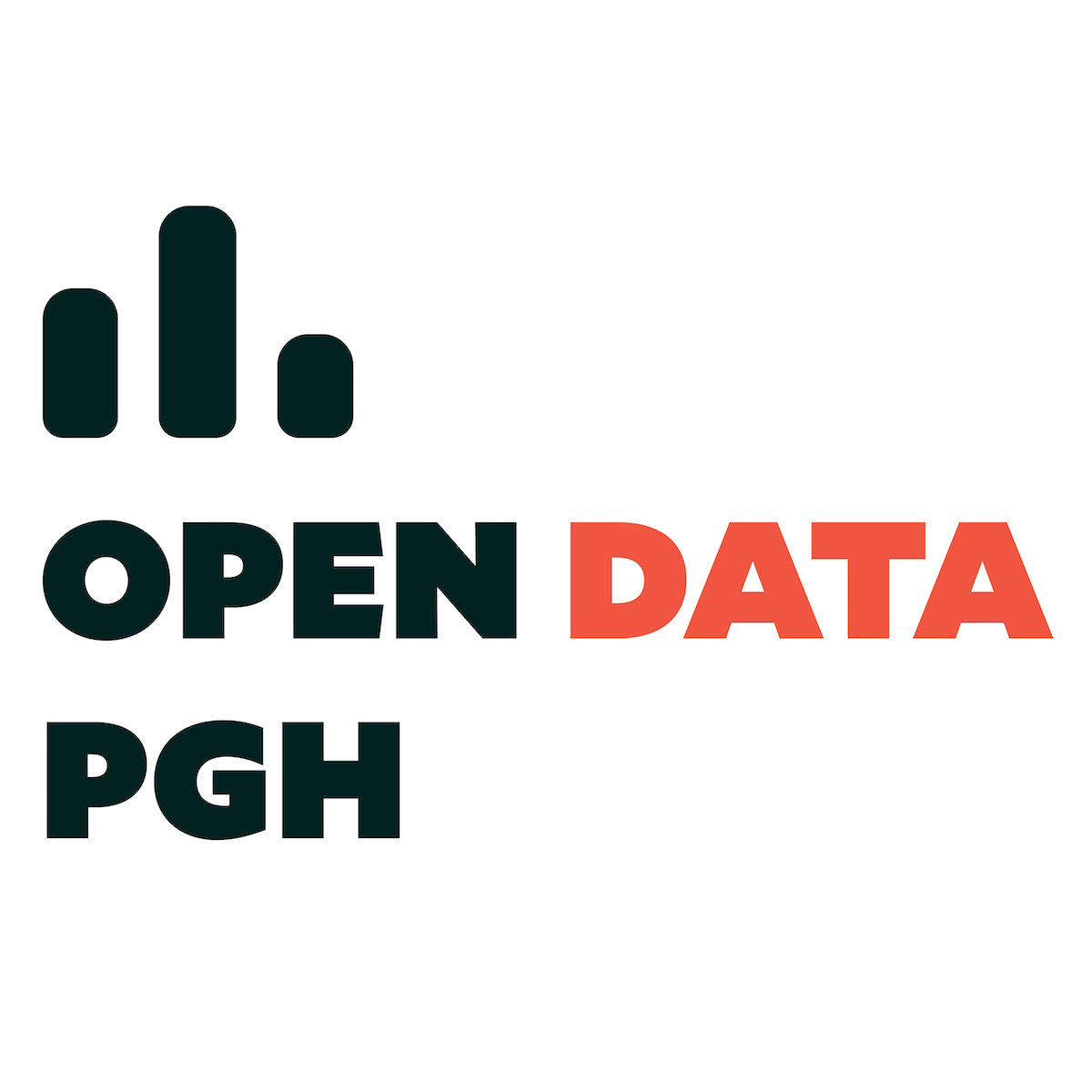About a third of the world’s produce is thrown away annually. In Allegheny County, nearly one in seven people go hungry.
412 Food Rescue was founded in 2o15 by Gisele Fetterman and Leah Lizarondo as they sought to build an infrastructure around preventing food waste.
Tons of leftover food from more than 400 grocery stores, restaurants and food service providers that would have gone to landfills now goes instead to food pantries and other organizations that help the food insecure, thanks to the volunteers who perform the “rescues.”
Here’s how it works: When a grocery store, restaurant or other food provider has a surplus of food it can’t sell, they contact 412 Food Rescue. A call goes out to volunteers in the area who can take the food to a nearby food pantry or other distributor. It’s that last-mile connection between the organization that needs the food and the company that doesn’t want to throw perfectly good food in the garbage.
Since its founding, the nonprofit has added an app, an UglyCSA program (“ugly” as in otherwise good produce that grocery stores won’t sell because of cosmetic blemishes), an education program and more. It’s also expanded to San Francisco and Philadelphia and will soon head to Cleveland, with more cities to come next year.
Product Manager Anthony Levin-Decanini has been with the company for about six months, joining the staff after serving as a volunteer. He has a background in designing systems for user experience and previously worked as a manager of UX strategy and research for American Eagle Outfitters.
We talked to him about the tech behind all these food rescues and how 412 Food Rescue is preparing to iterate so it can scale to other cities.
###
Open Data PGH: The technology is crucial to the rescues. How has it evolved?
Anthony Levin-Decanini: Yes, 412 Food Rescue was born digital, meaning technology was in our DNA from the get-go. We used to organize our rescues via social media, so it was a logical step to move from organizing people online to creating a view of that information that was tailored and personalized. Having a mobile app allowed us to do that.
In our latest iteration, [we’ve] been thinking about scaling our impact: How do we create a tool that allows us to rescue more food, more immediately on an on-demand basis, any time, anywhere? That lead us to thinking about the ability to scale in other markets; we have many inquiries from other cities who have heard about us or heard Leah speak at a conference or read media about us.
How do you scale the technology so that other cities can use it? What kind of user-interface questions did you have to consider?
We think about how we can scale not just the technology we offer but the way we have learned to do food rescues. The technology ideally should take all that subject matter expertise that we obtained on the ground rescuing food and embody it as a guided process for volunteers, dispatchers and operations team managing that process.
It’s kind of showing what we know in interface form and giving people the tools that will anticipate the challenges they’re going to experience getting 412 Food Rescue up and running in a new place.
Can you talk a little bit about those challenges? What things have you seen that you’ve worked through and you can pass on?
I think one thing this technology has done really well is built excitement around the idea of food rescue challenge. [One challenge in a new city] will be how to go about building the community of volunteers. We’ve put together a playbook of what we’ve learned, ways that work and ways that don’t work, and [will add] that knowledge into the app. We’re doing a design workshop next week to think about building that community.
Because without that community, it’s not possible, right? Do you have to have the volunteer base in place first or do you have to have it in place with the tech at the same time?
I would say that actually relationships are the first thing you really need for the program to be successful. When we’re going into new cities, we’re looking at organizations that already have those relationships, like with big retail grocers and other partners. That’s what really helps unlock success.
As the company gets bigger and grows, and you have more people and more cities coming on board, do you see ways of refining the technology? Is this an app that a food bank in another city could adapt to its specific goals?
I think we’re sort of figuring that out. We’d like to think we have a comprehensive turnkey program that provides training, services and expertise that can help an organization start running right away. But we know that in new markets, folks will use the tech in unexpected ways and there may be unexpected issues we’ll need to address.
We just look at that as a way to mature the platform which benefits everybody that is part of this movement. So the things we learn from people in San Francisco, Philadelphia and Cleveland will benefit anyone on the team in Pittsburgh.
You were a volunteer at first, but how did you come to 412?
My career started out in UX design and morphed into digital project management over time. I had a little experience with consulting; research design, and I’ve managed tech teams through my whole career. I’ve looked for ways to kind of work on these challenges and social problems, applying these skills to those problems.
For someone who wants to get into the social or civic tech space, what would you say to encourage them?
Folks fresh out of school building a trajectory for themselves, I would say, working in the social sector, you can really have an impact. It’s about finding the issue you’re passionate about because there’s no shortage of organizations that would love to have folks with technology skills. Become a volunteer, meet folks in community who are working on these issues already. You can’t help but run into interesting problems that need attention.

This story appears as a part of Open Data PGH, a joint reporting project by Technical.ly and PublicSource on open data trends in Pittsburgh, underwritten by Heinz Endowments. Learn more here and get updates here.
Before you go...
Please consider supporting Technical.ly to keep our independent journalism strong. Unlike most business-focused media outlets, we don’t have a paywall. Instead, we count on your personal and organizational support.
Join our growing Slack community
Join 5,000 tech professionals and entrepreneurs in our community Slack today!

The person charged in the UnitedHealthcare CEO shooting had a ton of tech connections

From rejection to innovation: How I built a tool to beat AI hiring algorithms at their own game

Where are the country’s most vibrant tech and startup communities?

